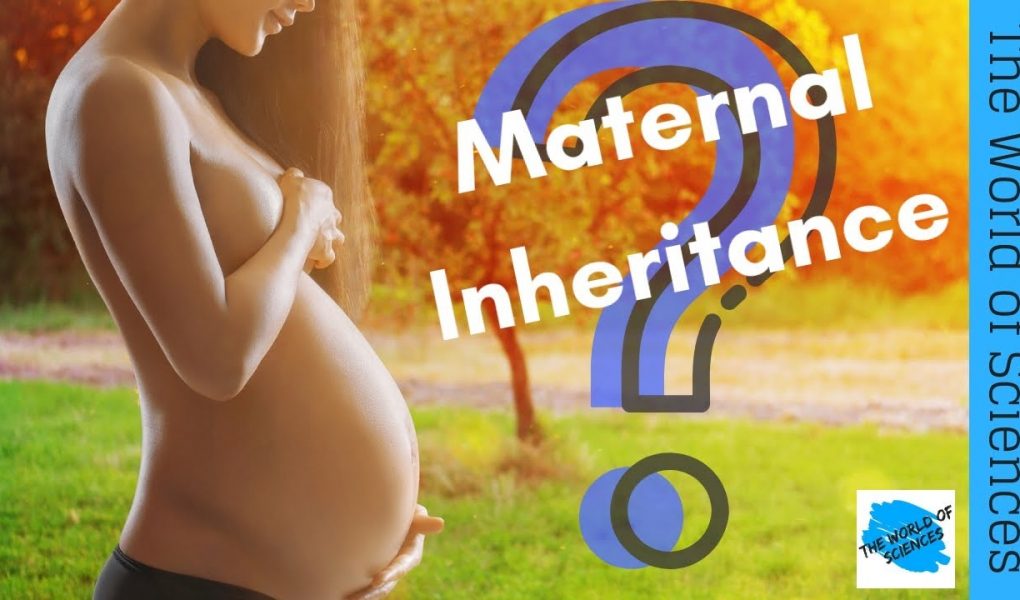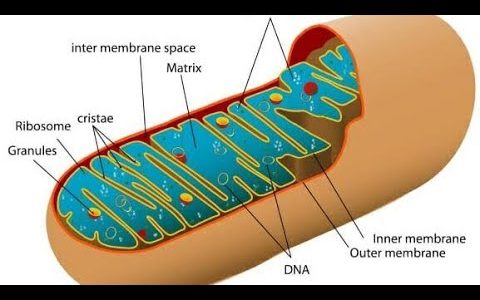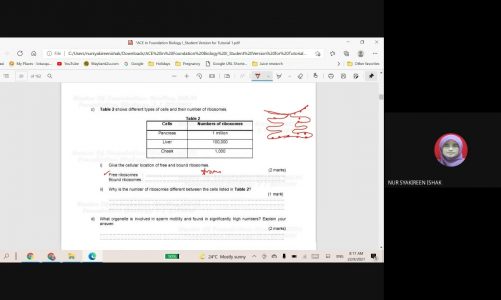Are you more your father of your mother?
You wouldn’t be wrong if you were told that you are 50% your mother and 50% your father.
I mean this is what is taught in schools around the world, but the story is much bigger than this. In 1963 Margit and Sylvan Nass when looking through an electron microscope noted deoxyribonucleic fibres outside of the cell.
How could this be, DNA was only thought to originate inside of the nucleus of the cell, half of which is your mothers and half of your fathers, together are the instructions to make just you, fascinating.
Our mitochondrial DNA accounts for a small portion of our total DNA. It contains just 37 of the 20,000 to 25,000 protein-coding genes in our body. But it is notably distinct from DNA in the nucleus. Unlike nuclear DNA, which comes from both parents, mitochondrial DNA comes only from the mother.
Why?
Surely this is an evolutionary disadvantage, just look at your DNA from both parents, in most cases there is a choice of two genes or more increasing the chances of not getting stuck with a faulty mutated gene that just doesn’t do its job properly divided in the process of meiosis. Secondly, more than one gene for the same protein also increases the dysfunction of one faulty gene.
But here we are not talking about one gene, yet the whole DNA for the mitochondria.
Nobody fully understands why or how a fathers’ mitochondrial DNA gets wiped from cells. An international team of scientists recently studied mitochondria in the sperm of a roundworm called C. elegans to find answers.
It’s well known that the transfer of mitochondrial DNA from mother to offspring, often called maternal inheritance, occurs in humans and most multicellular organisms. Maternal inheritance is what allows genetic testing services like 23andMe to trace our maternal ancestries. You inherited your mitochondrial DNA from your mother, who inherited hers from her mother and so forth.
But is this the whole story?
Human eggs contain more than 100,000 copies of mtDNA, whereas sperm contain approximately 100 copies. Essentially, the mitochondria go through a bottle neck and are then amplified to that of a 100,000 copies in the chosen embryo. In disease cases when the mt DNA is mutated and where mutant molecule coexist lead to a disease commonly known as hetroplasmy.
Here’s where it gets interesting, a recent study identified three families with mt hetroplasmy that could not explain maternal inheritance. The analysis of each child revealed unusual levels of mt hetroplasmy, when the mt DNA analysis was carried out and compared with family members it revealed that the unusual dna pattern was a product of both maternal grandparents, similar studies was also conducted where the same results were revealed.
This is could be big news, and could mean a worldwide reassessment of the mt DNA lineage and could even alter the evolutionary timings of human development.
This study shows that mt dna inheritance could also be a role from th
Grab your Ebook for just $1.00:
http://theworldofsciencesyoutube.blogspot.com/p/blog-page_8.html
Become one of our Patreon supporters:
https://www.patreon.com/theworldofsciences
Join us on Facebook: https://www.facebook.com/theworldofsciences
Subscribe to our channel: https://www.youtube.com/c/TheworldofSciences
Reference: https://www.nature.com/articles/d41586-019-00093-1
source



